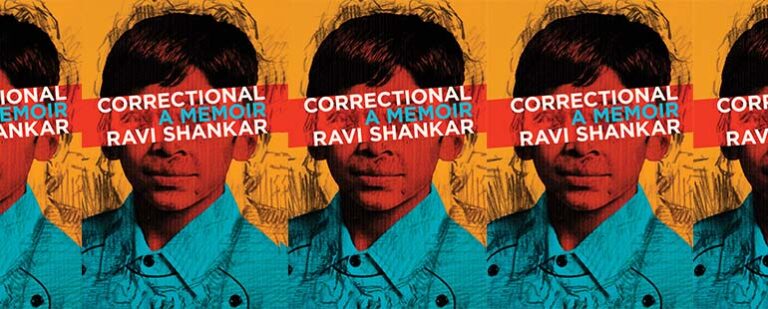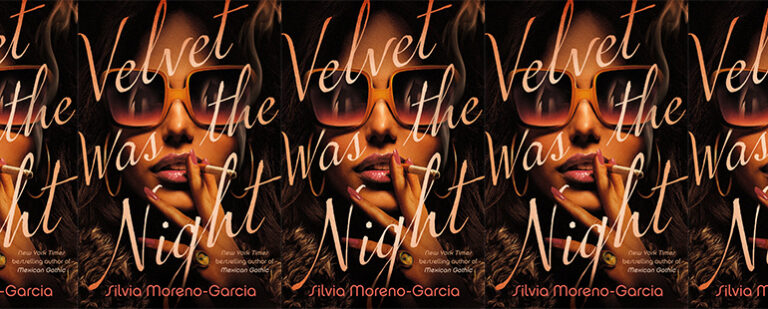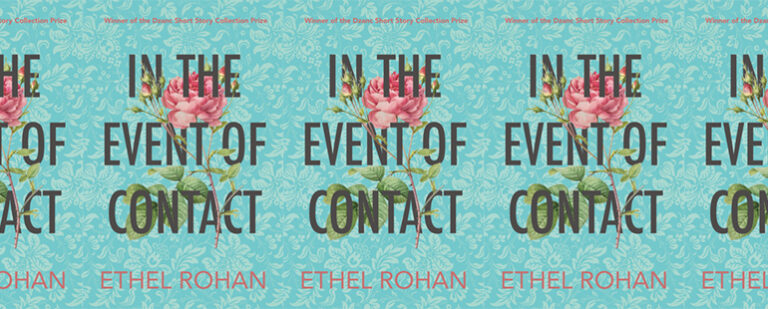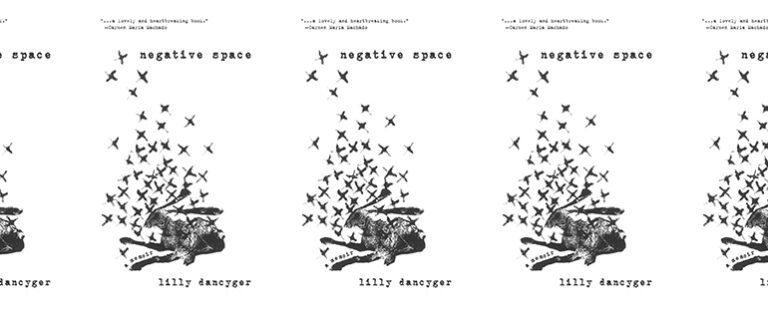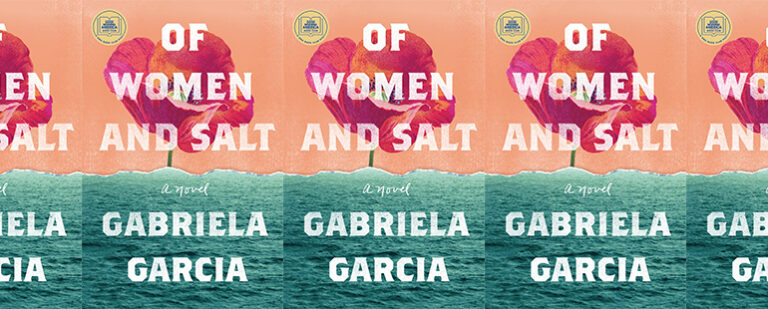“Girlhood is a much darker, more complex—more amazing—experience than what that association suggests”: An Interview with Melissa Febos
The essays of Febos’s new essay collection read less like a coming-of-age story than they do like a manifesto of all the ways girlhood takes a toll on a girl’s life, as well as of the cultural experience of being a woman.


